 |
 |
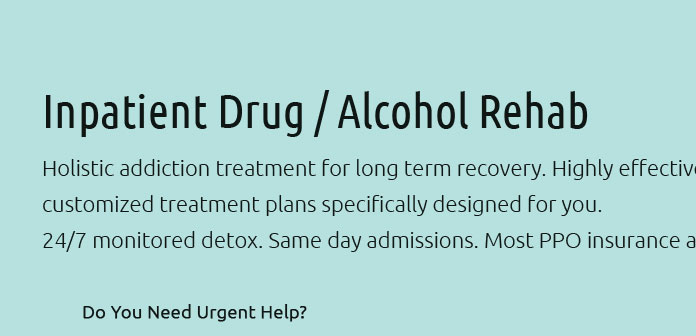 |
 |
 |
 |
||
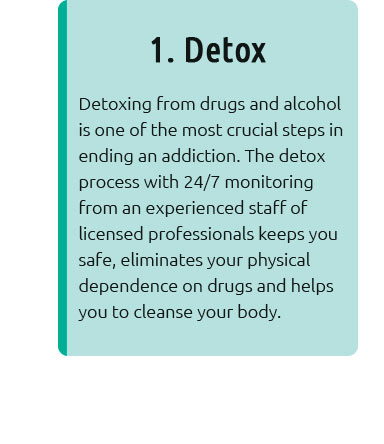 |
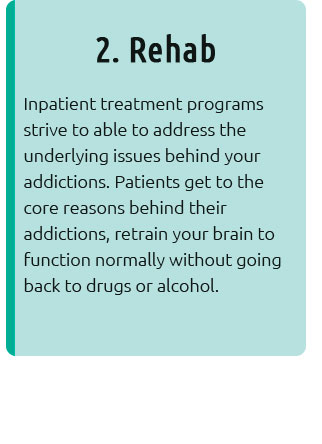 |
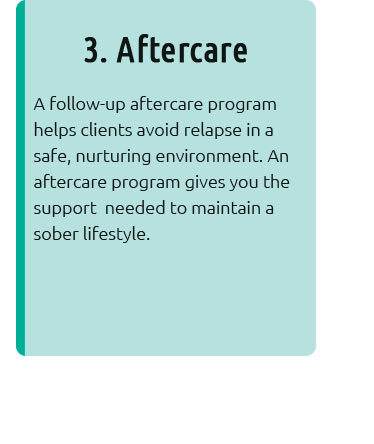 |
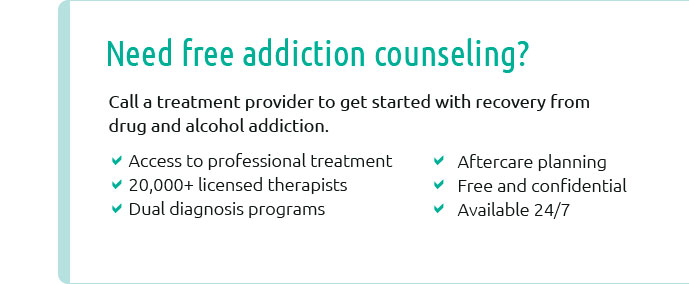 |
 |
 |
 |
||
 |
||
 |
||
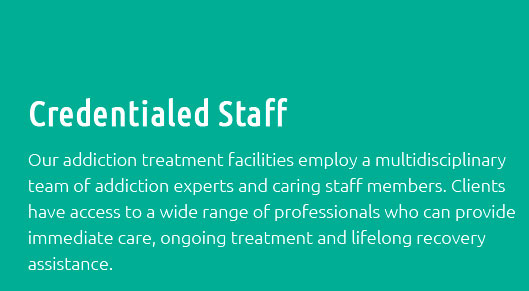 |
 |
 |
|
 |
|
Exploring the Nuances of Private Drug RehabilitationIn today's fast-paced society, where the pressures of daily life can often feel overwhelming, the specter of substance addiction looms large, affecting individuals from all walks of life. In this context, private drug rehabilitation has emerged as a vital resource, offering a tailored approach to recovery that is both comprehensive and personalized. Choosing a private facility over a public one can be a decision fraught with considerations, each weighing heavily on the mind of the individual seeking help and their loved ones. One of the most compelling advantages of private drug rehab centers is the personalized attention they afford. Unlike public facilities that may be hampered by limited resources and high patient-to-staff ratios, private centers typically boast a more favorable staff-to-patient ratio. This allows for a more customized treatment plan that takes into account the unique history, needs, and goals of each individual. For those who can afford it, this level of attention can be invaluable, providing a pathway to recovery that feels supportive and tailored, rather than generic and impersonal. Moreover, private rehab centers often offer a higher level of comfort and amenities, which can significantly impact the recovery process. From serene settings that promote tranquility to gourmet meals that cater to nutritional needs, these facilities aim to create an environment that not only supports physical healing but also nurtures emotional and psychological well-being. For many, the ability to recover in such a setting can make a profound difference, offering a refuge from the chaos of addiction and a space to rediscover one's true self.
However, it is important to acknowledge that private rehab centers are not without their drawbacks. The most significant of these is undoubtedly cost. The expense of private rehabilitation can be prohibitive for many, potentially limiting access to those who are most in need. While some centers offer sliding scale fees or financing options, the cost remains a significant barrier for many individuals seeking help. Furthermore, while the amenities and personalized care in private facilities are commendable, they do not guarantee success. Recovery is a deeply personal journey, and the effectiveness of treatment ultimately depends on the individual's commitment and the quality of the program, not just the price tag. In conclusion, the decision to enter a private drug rehabilitation center is a deeply personal one, influenced by a myriad of factors including financial capability, personal preferences, and the specific needs of the individual. While private rehab centers offer numerous advantages, from personalized care to enhanced privacy, they also come with challenges that must be carefully weighed. Ultimately, the goal is to find a treatment path that fosters healing, supports recovery, and leads to a life free from the grips of addiction. As we continue to grapple with the complexities of substance abuse, the role of private rehabilitation centers remains an essential part of the broader landscape of recovery options, offering hope and healing to those who seek it. https://www.recoveryunplugged.com/location/fort-lauderdale/
Our customized, treatment programs allow you to get the care you need for alcohol and drug addiction (programs 6-12 weeks). Icon hospital. Partial ... https://www.boardpreprecovery.com/rehab-blog/private-drug-rehab-centers/
When someone faces drug addiction, they have many important decisions to make regarding treatment. One decision consists of choosing between ... https://www.addicted.org/florida-medicaid-drug-alcohol-rehabs.html
Need help? Find Florida drug rehabilitation centers that accept Medicaid or private health insurance. Access quality treatment options and verify your ...
|